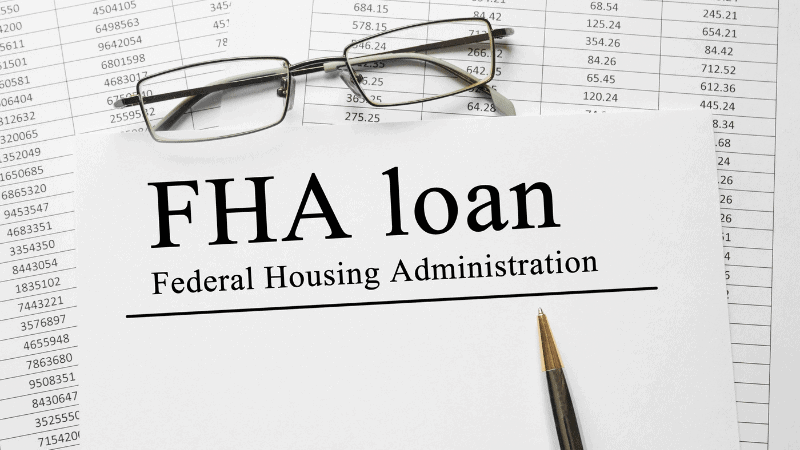Get Expert Financing
- Matched with investor-friendly lenders
- Fast pre-approvals-no W2s required
- Financing options fro rentals, BRRRR, STRs
- Scale your portfolio with confidence
Most people know you can refinance a conventional loan, but what about an FHA loan?
Yes, you can refinance an FHA loan. However, there are specific criteria you must meet, similar to when you first applied for your original FHA loan.
Refinancing comes with its own advantages and disadvantages, and it’s important to weigh them carefully.
Additionally, various refinancing options are available, each suited to different financial goals.
Refinancing involves replacing your current mortgage with a new one. This new loan pays off your existing mortgage, allowing you to start fresh with new terms, such as a different interest rate or loan term.
If you choose a cash-out refinance, any money left after paying off your old mortgage goes directly to you. This cash comes from the equity you’ve built in your home over time.
Knowing you can refinance an FHA loan, you might wonder if now is the right time.
Homeowners often choose to refinance for several reasons:
The two primary types of FHA refinancing are FHA streamline and FHA Cash-Out.
The best option for you depends on your goals and reasons for refinancing.
The FHA streamline refinance is designed to be a quick and simple process.
Since you’ve already met the requirements for your initial FHA loan, the lender will need less paperwork from you this time.
Typically, neither a credit check nor an appraisal is required.
The streamline option isn’t ideal if you want to access a lump sum of cash through refinancing.
The most you can receive is $500; if cash is your goal, consider other options.
The FHA cash-out refinance might be your best bet if you need more substantial cash.
This option allows you to tap into your home’s equity and use the funds for various purposes, such as:
Another common reason homeowners choose a cash-out refinance is to fund home improvements, which can increase your property’s value and maintain its condition.
To qualify for an FHA Cash-Out refinance, you typically need:
This option requires more paperwork than a streamline refinance, but it can be worth it if you need significant cash.
Let MyPerfectMortgage.com match you with the perfect lender.Refinancing from an FHA loan to a conventional mortgage can be beneficial in several ways.
While FHA loans are great for first-time buyers, they can become costly due to ongoing mortgage insurance premiums (MIP).
By removing MIP, you could significantly lower your monthly expenses.
If you qualify for a lower interest rate, refinancing to a conventional loan could save you considerable money over the life of the mortgage.
If you don’t have 20% equity in your home, you may still be able to refinance to a conventional loan, but you’ll need to pay PMI, which could offset some of the savings.
Refinancing an FHA loan can offer significant benefits, but evaluating your situation is important.
For some, the opportunity to save on interest or eliminate mortgage insurance makes refinancing easy. For others, the costs and effort involved might outweigh the potential benefits.
If you’re considering a home remodel to boost your property’s value or want to consolidate high-interest debt, refinancing could provide the cash you need.
With various options available, speaking with a loan officer can help you determine the best path forward.
Remember, every refinancing situation is unique. Before deciding, carefully consider your goals, financial situation, and potential long-term impact.
When the time comes, get matched with an FHA lender who can provide the guidance you need to make an informed and confident decision.
Our advice is based on experience in the mortgage industry and we are dedicated to helping you achieve your goal of owning a home. We may receive compensation from partner banks when you view mortgage rates listed on our website.

